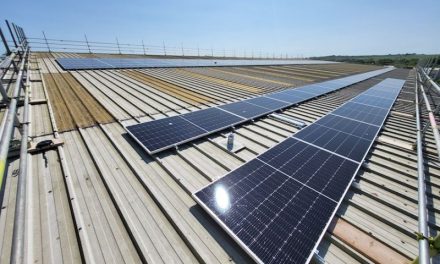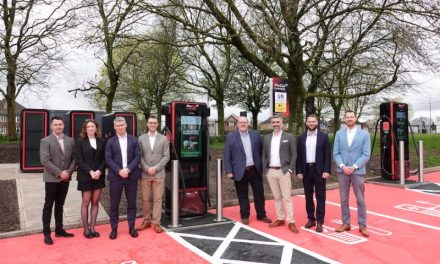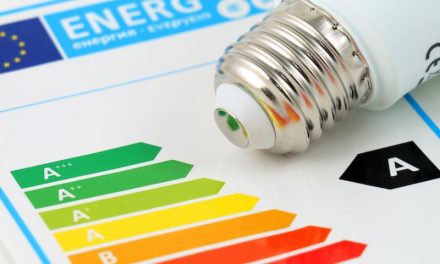The president of the European Committee of the Regions (CoR) Markku Markkula has broadly welcomed the European Commission’s strategy for “Energy Union” published yesterday. President Markkula supports the 15-point blueprint but calls for a stronger focus on small-scale energy projects to deliver its goals on the ground.
The Committee – the EU’s assembly of local and regional authorities – applauds plans to enhance regional cooperation, support local regional electricity providers, promote infrastructure projects and improve transparency of energy costs. However, the CoRs’ president, Markku Markkula, notices the absence of a clearly defined role for local and regional governments and that not enough importance has been paid to small-scale local energy projects despite the fact that the Energy Union recognises that local and regional initiatives, such as Smart Cities and the Covenant of Mayors, can improve efficiency in Europe.
President Markkula said: “If implemented effectively, the Energy Union could have the potential to reduce our over-reliance on energy imports and create a sustainable low-carbon and climate friendly Europe. But to turn this grand plan into a reality, we must remember that the innovation and impetus must come from our communities, from our businesses and from our cities and regions. Europe needs to encourage the better use of the extensive knowledge and innovation resources available in different parts of member states”. As local and regional authorities are responsible for delivering regional co-operation in energy, promoting cross-border energy efficiency projects and reducing greenhouse gases, the CoR wishes to contribute to the proposed “Infrastructure Forum” and be included in the annual reporting of the Energy Union.
Echoing previous CoR positions, president Markkula stressed that investment must target small-scale renewable energy production which provides a better security of supply and contributes to meeting the EU’s climate change objectives, such as cooperatives, small-scale production and smart grid development. The CoRs’ President further argues that more consideration should be given to macro-regional, cross-border and territorial cooperation instruments – such as the European Grouping of Territorial Cooperation – to increase energy efficiency and support the gradual roll-out of the European smart grid infrastructure.
The CoR president finally calls into question the lack of clear reference to the regional aspects of smart specialisation strategies which were already being effectively implemented in Europe’s regions. In line with the EU’s commitment to delivering jobs and growth, smart specialisation would help boost investment in regional innovation, engage businesses and public authorities. “Smart specialisation would allow smart grids and energy research strategies to be closely interrelated at the regional level,” President Markkula said.





